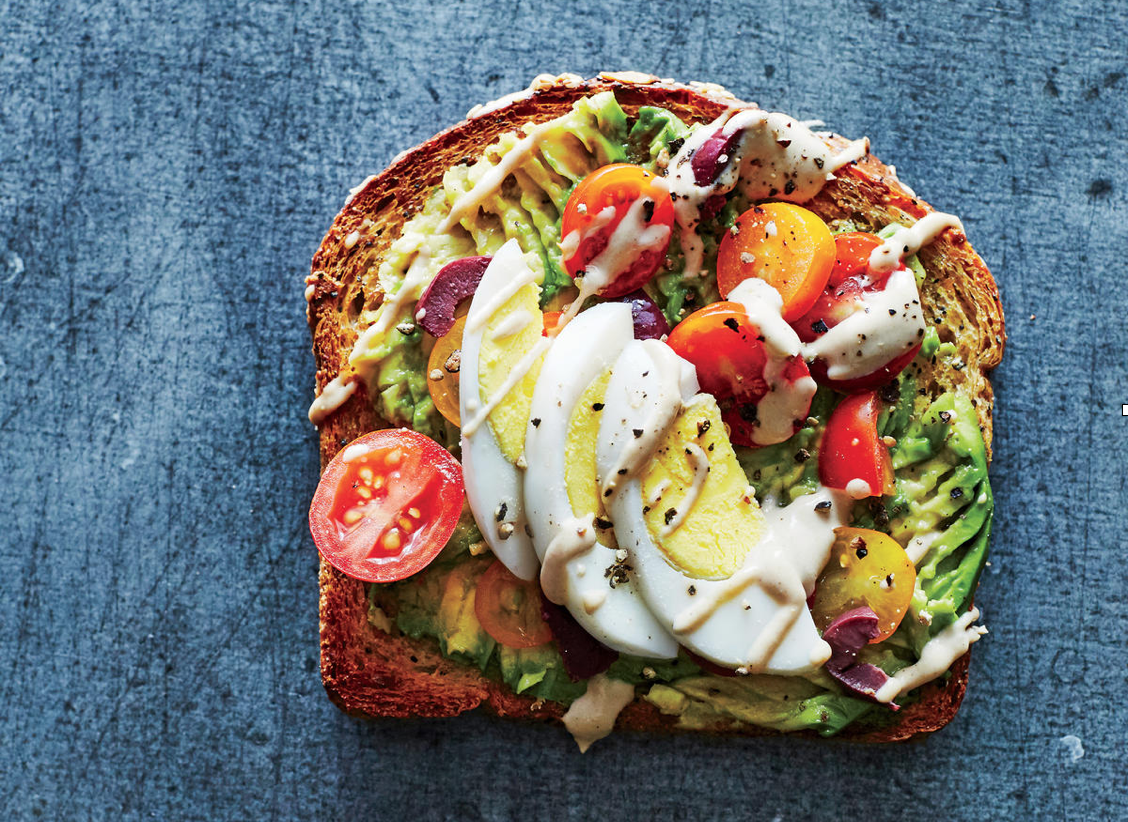The Relationship Between Diet and Mood

Why is eating healthy also good for your mind and mood?
It’s a no brainer that eating healthy can improve your physical wellbeing. However, did you know that eating healthy can also improve your mental wellbeing? In this blog, we discuss some exciting research that suggest that what we eat can also affect how we think and feel.
The Food and Mood Centre (Deakin University) recently published a ground-breaking study looking at the relationship between diet and depression. Participants diagnosed with moderate to severe depression were randomly allocated to receive either dietary support or social support group. The dietary group had seven consultation sessions with a nutritional expert and were encouraged to adopt a modified Mediterranean diet – lots of fruit, vegetables, wholegrains and healthy fats. The social support group had seven sessions with a researcher in which they engaged in neutral conversations. At the end of the 3-month trial, the results showed that the dietary group had a greater reduction in depressive symptoms compared to the social support group. Overall, this research provides strong evidence that dietary changes should be considered in the treatment of depression.
Now let’s look at two main reasons why changing diet can affect your mood. First, there is a lot of research which shows that beyond just digesting food, the gut can influence what goes on in our brain (Enders, 2015; Mayer, 2016). Scientists have found that the lining of the human gut wall contains a network of nerves that is as large and complex as the brain. This ‘gut-brain’ can talk to the brain through a vagus nerve and affect different areas in the brain that control emotion, fear, self-awareness and motivation. Also, most of the signals that travel along the vagus nerve come from the gut not the brain. Interestingly, scientists have found that stimulating the vagus nerve alone can make a person feel more anxious or relaxed. Therefore, in 2010, the European Union approved the use of vagus nerve stimulation for severely depressed patients that did not respond to conventional treatment.
Second, recent research suggests that the type of bacteria in your gut can affect your motivation and mood. New antidepressants are often first tested on ‘depressed’ mice who are forced to swim around a container of water too deep for them to stand; mice who take the antidepressants should swim longer than mice who do not. Some scientists took this further and fed some mice with a strain of ‘good’ gut bacteria (Lactobacillus rhamnosus JB-1). The result was that mice with the ‘good’ gut flora swam longer. Essentially, this means that eating food that encourage ‘good’ gut bacteria – such as yoghurt, sauerkraut and kimchi – is not only good for your immune system but also good for your mood!
We’ve only just skimmed the surface of the fascinating world of gut-brain psychology. There is also so much that we still don’t know about the gut-brain connection, gut bacteria and how it is related to how we think and feel. However, we can definitely say that what we put into our gut has a strong effect on how we think and feel. Maybe there is scientific truth to the idea that we are what we eat ☺
If you would like some support with managing your mood through diet, why not give us a call? Our team of highly-skilled psychologists are here to help.
References:
Cryan, J C. & Dinan, T. (2012). Mind-altering microorganisms: the impact of the gut microbiota on brain and behaviour. Nature Reviews, 12, pp 701-712.
Enders, G. (2015). Gut: The inside story of our body’s most underrated organ. Melbourne-London: Scribe.
Jacka, F.N. et al. (2017). A randomised controlled trial of dietary improvement for adults with major depression (the ‘SMILES’ trial). BMC Medicine. 15 (1), 23.
Mayer, E. A. (2016). The mind-gut connection: how the hidden conversation within our bodies impacts our mood, our choices, and our overall health. New York: Harper Collins.
